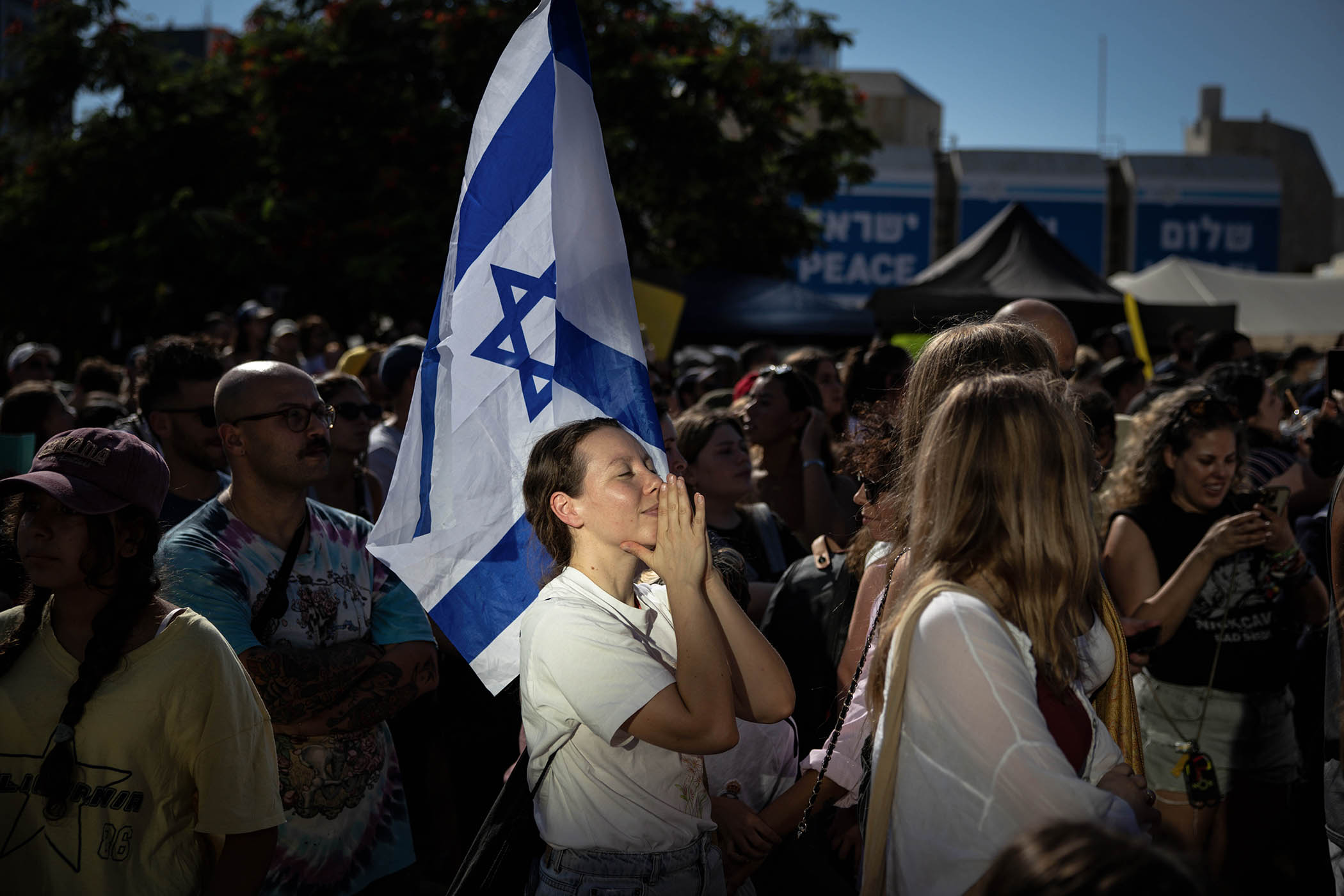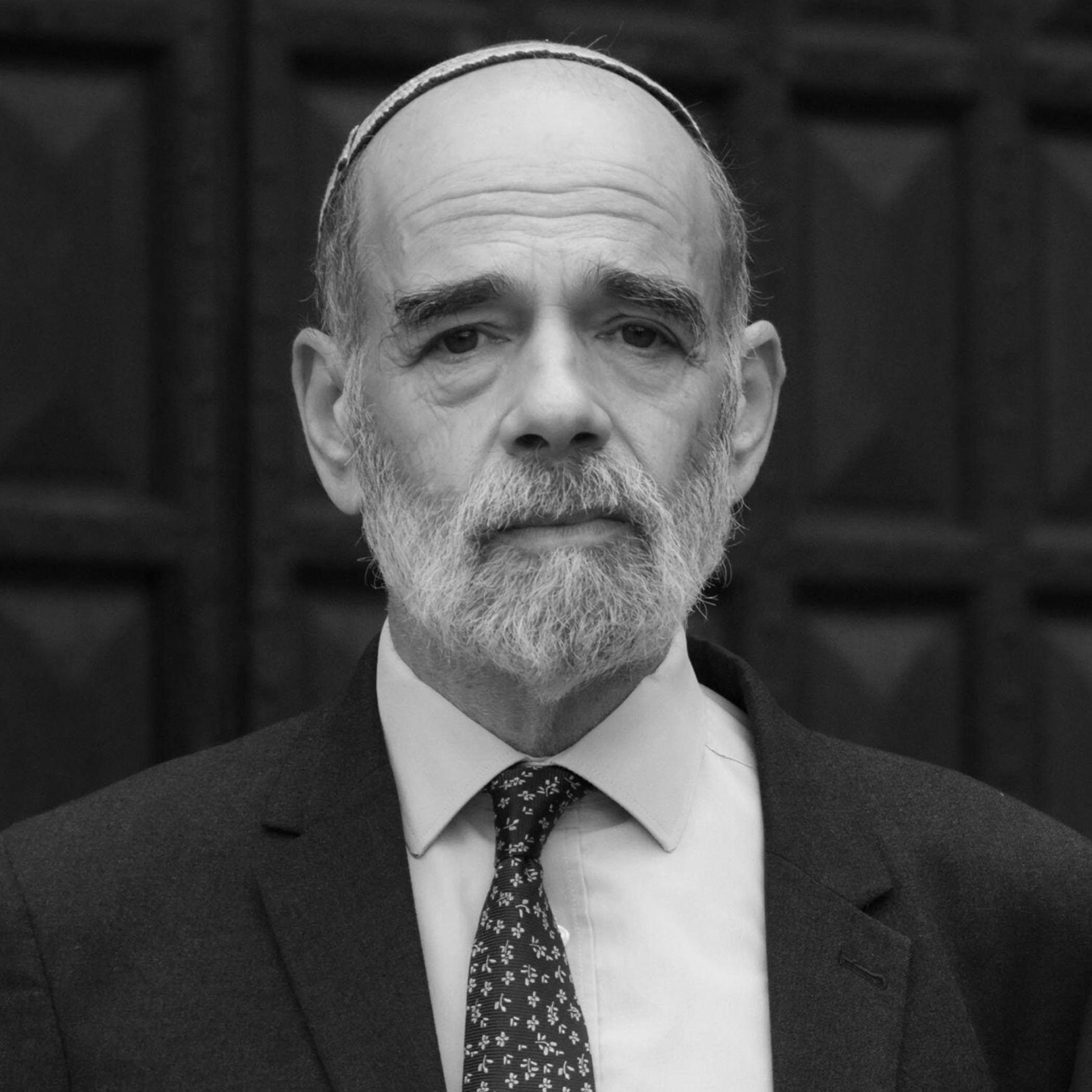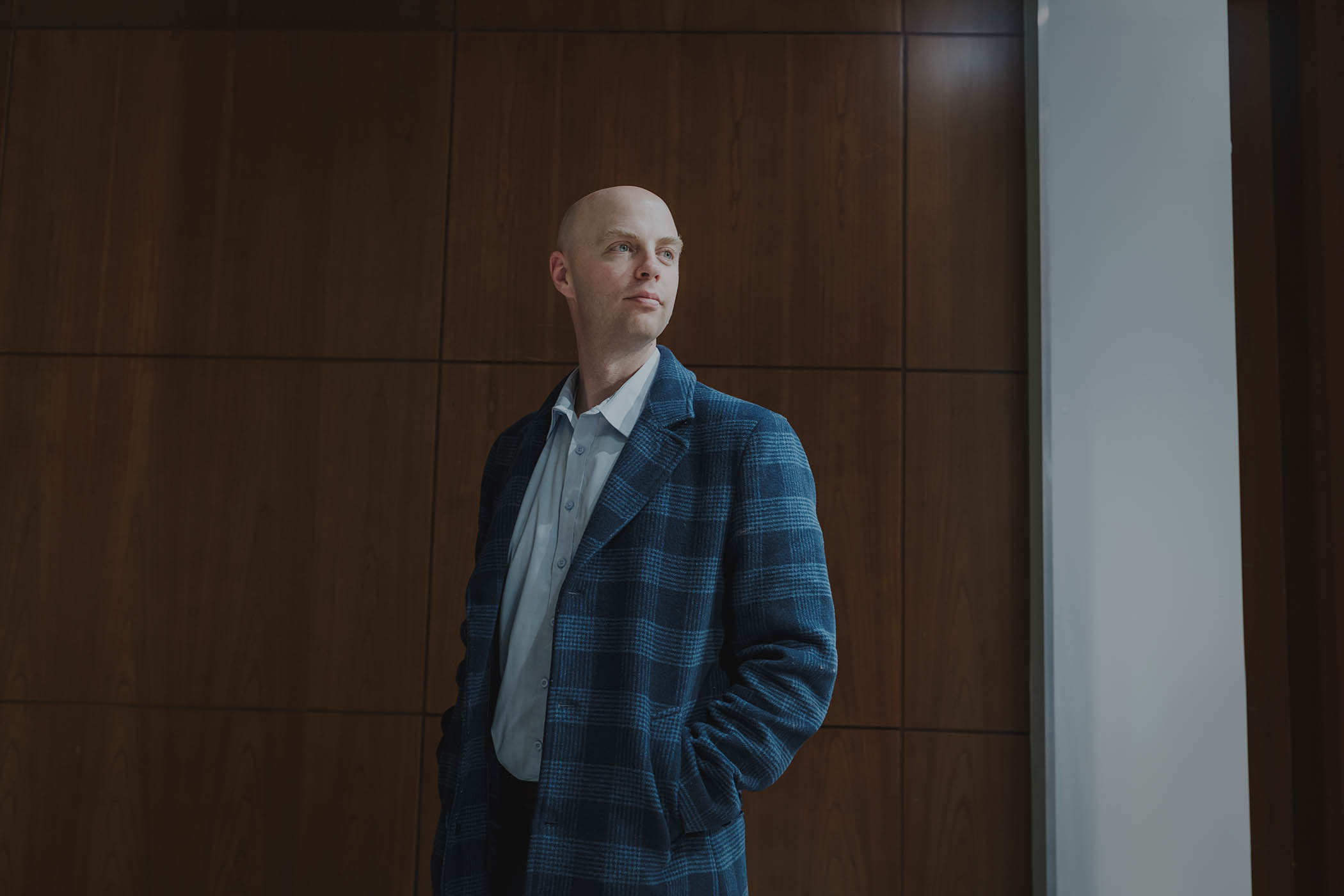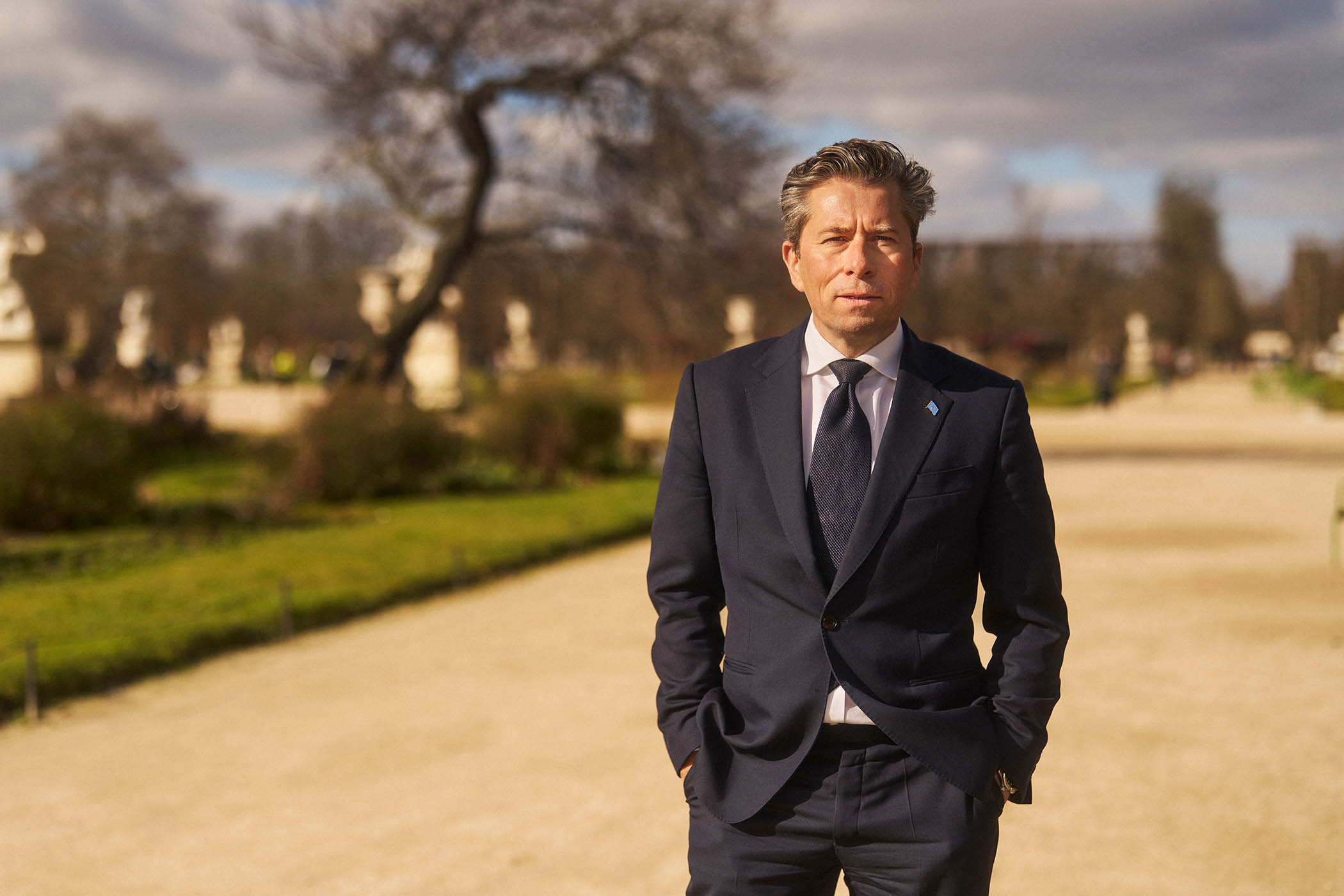Across the world Jewish communities have prayed since 7 October 2023 for the return of all the hostages. “I hope we never have to say this prayer again,” said Adam Wagner, a tireless advocate for them, as he led the prayer yesterday. We knew that hope was fragile, but today it has become real.
I messaged Tami, mother of Rom Braslavski. In return she sent me the video of the family speaking to him for the first time after two years: “I’m burning with longing to see you,” she says. Rom could have escaped the horrors of the Nova Festival at which so many were slaughtered. But he stayed behind to help save the living and protect the bodies of the dead. Now, at last, he’s home.
The Hebrew date is Hoshana Rabbah, literally the “The great Salvation”, when the chorus line of the prayers is simply “Save! / “Save us God, please”. It’s a heartfelt petition that the people of Israel and Gaza can share: finally, there’s an end to the fighting. Tomorrow, will be exactly two years in the Hebrew calendar since the appalling horrors perpetrated by Hamas.
We will stand together, pray together, protest, advocate and plead together until every single hostage is home
We will stand together, pray together, protest, advocate and plead together until every single hostage is home
I’ve been to Hostages Square in Tel Aviv several times. As throughout Israel, posters of the captives are everywhere, with the number of days they’ve been held in the deep tunnels of Hamas. The mood in the square was always sombre, but hearts were close: we will stand together, pray together, protest, advocate and plead together until every single hostage is home, the living to the embraces of their loved ones, and the dead to a dignified burial in their homeland. In his frank and courageous book, Hostage, Eli Sharabi, held for 491 days, describes how his captors taunted him that the Jewish world had forgotten them. But not for one moment has that been so.
Today, Hostages Square is filled with singing and embraces. Two Jewish prayers have been widely said: thanksgiving for keeping us alive and bringing us to this time, and a blessing “to God who frees the bound.”
The living hostages are all back in Israel. But bereaved families still await their dead. I messaged Sharone Lifschitz, thinking of how her mother Yocheved came back alive, but not her beloved father Oded, who was returned for burial last March. She replied with an emoji of three hearts, the middle one broken.
What will tomorrow bring? For so long we accepted all the interviews; we did everything we could for the plight not just of our own, but of all the hostages, the mother of Naama, who was freed last January, told me. But both the hostages themselves and their families need space and quiet, as well as physical, emotional and spiritual support, to absorb their trauma. Their captivity may be over, but not its impact. Life holds no such thing as absolute closure; the challenge is how we process the past.
Gaza is in ruins and the dead are so many. I pray that the second part of President Trump’s plan will hold
Gaza is in ruins and the dead are so many. I pray that the second part of President Trump’s plan will hold
“We’re not going to be able to get over the grief,” said Steve Brisley, speaking in my synagogue yesterday, “but it will change shape”. His sister Lianne, Eli Sharabi’s wife, was murdered on 7 October, together with their teenage daughters Noiya and Yahel. But, he added with typical humanity, we mustn’t let the loss, the deaths on both sides, be wasted. I asked him what he meant by this and what he hoped for. He answered that, while he obviously had nothing good to say about Hamas, he believed there were ordinary people in Gaza who, like his sister and nieces, just wanted to live a peaceful, decent life. It’s in this, he said, that our hope lies.
Gaza is in ruins and the dead are so many. I pray that the second part of President Trump’s plan will hold, and that there will be rebuilding, bringing dignity and hope to everyone. But the journey is long and fraught. The danger is that grief, trauma and anger turn into further hatred and bitterness. But they can also become the catalysts for deepening our humanity and expanding the circle of our compassion. And that is the responsibility of everyone who cares.
But, to come back to the present, today is a day for relief and joy, when, in the words of the Bible “the children return to homeland” and to their families, who have longed every day for two desperate, anguished years to embrace them.
Newsletters
Choose the newsletters you want to receive
View more
For information about how The Observer protects your data, read our Privacy Policy
Jonathan Wittenberg is the senior rabbi of Masorti UK. He is writing in a personal capacity
Photograph by Chris McGrath/Getty Images



